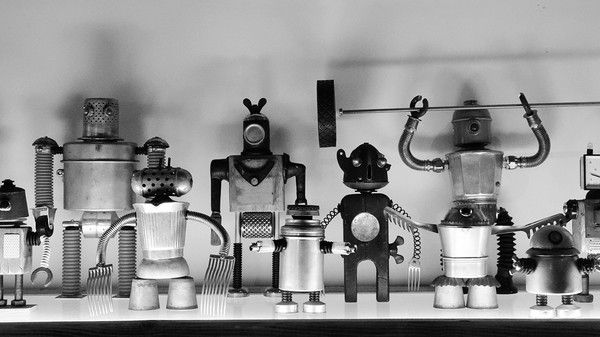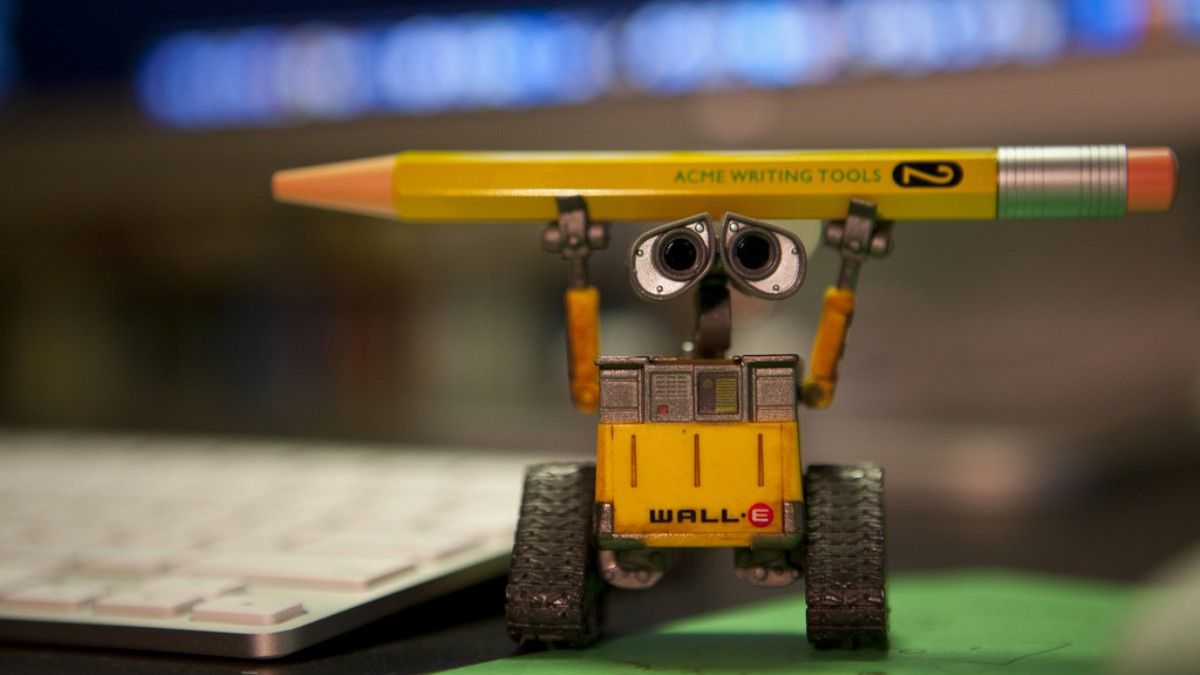By Graeme McMillan — Wired

Leonard Nimoy, the legendary actor known to the world as Star Trek‘s Mr. Spock, died at his home in Los Angeles this morning. He was 83. Almost as soon as word of his passing hit the Internet, friends, former co-stars, and fans began expressing grief over the actor’s passing.
Nimoy was hospitalized earlier this week for chest pains, and his wife Susan Bay Nimoy has confirmed that he died from end-stage chronic obstructive pulmonary disease. He announced his sickness in February of last year, blaming it on his smoking habits of decades earlier.
“As you all know, my Grandpa passed away this morning at 8:40 from end-stage chronic obstructive pulmonary disease,” Nimoy’s granddaughter, Dani, posted via the actor’s Twitter. “He was an extraordinary man, husband, grandfather, brother, actor, author-the list goes on- and friend. Thank you for the warm condolences. May you all LLAP.”
Read more




 By
By  Quoted: “Blockchains are thus an intriguing model for coordinating the full transactional load of any large-scale system, whether the whole of different forms of human activity (social systems) or any other system too like a brain. In a brain there are quadrillions of transactions that could perhaps be handled in the universal transactional system architecture of a blockchain, like with
Quoted: “Blockchains are thus an intriguing model for coordinating the full transactional load of any large-scale system, whether the whole of different forms of human activity (social systems) or any other system too like a brain. In a brain there are quadrillions of transactions that could perhaps be handled in the universal transactional system architecture of a blockchain, like with 









